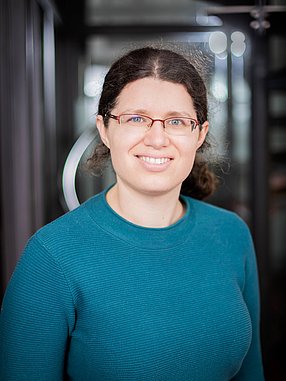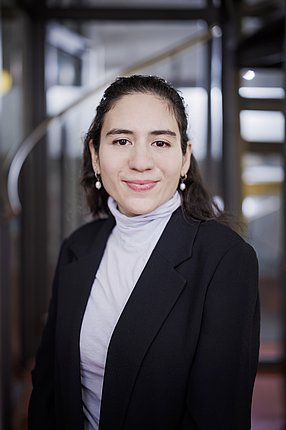TaRec - Enhancing Survey Participation within Diverse Respondent Groups: Tailoring a Recruitment Strategy for Turkish Citizens in Germany
The growing number of immigrants and their descendants in German society makes it necessary to adequately include and depict these groups in scientific surveys and panel studies. However, the willingness to participate in surveys among immigrants is often comparatively low. Innovative approaches are therefore needed to increase the participation rates of migrants and their descendants in surveys while keeping the costs of surveys within reasonable limits.
The research project is funded as part of the DFG's Priority Programme SPP 2431 ‘New Data Spaces for the Social Sciences’ and is being carried out in cooperation with the German Centre for Integration and Migration Research (DeZIM) and the Research Centre of the Federal Office for Migration and Refugees (BAMF-FZ). It aims to gain insights into how people with a migration background can be effectively recruited for population surveys and panel studies and, based on this, develop customised survey concepts and designs. Using the target group of immigrants with Turkish citizenship - one of the largest minorities in Germany and a group that is particularly difficult to reach for scientific studies - needs-based communication and motivation strategies will be developed and tested in a combination of qualitative pretests and quantitative field experiments.
The project has three main objectives:
- The development of customised survey documents and contact strategies as part of a range of qualitative pretests (expert interviews, focus groups, cognitive interviews) in order to recruit respondents for specific target groups. For this purpose, existing survey materials such as invitation letters are presented to selected people in the target group and they are asked for their assessment. On this basis, improved materials tailored to the target group are designed.
- Conducting survey experiments as part of a separate survey in order to experimentally evaluate the effectiveness of such a customised approach in recruiting respondents from hard-to-reach population groups using the newly developed survey- and contact materials. In particular, these experiments will focus on three key transitions during the set-up of a panel study: the initial contact, obtaining panel consent and the approach for the second wave. In addition, the survey mode will be varied to compare the success of the customised materials between face-to-face interviews, paper questionnaires and online surveys.
- The development and provision of best practice guidelines, documents and examples for the recruitment of people with a migration background in new and existing (panel) studies. These will be made available to other researchers in the scientific community as open access publications. In order to underpin the best practice guidelines with practical application examples, some of the measures developed will be implemented as part of the German Ageing Survey (DEAS) and tested under real-life conditions. This will provide insights into the extent to which the newly developed, ideal-type recruitment measures can work under the everyday conditions of conducting a general, population-representative panel study.
Duration: mid-2024 to mid-2027
The following staff members at DZA are involved

Principal Investigator

Principal Investigator

Cooperating Scientist

Scientist
![[Translate to English:]](/fileadmin/_processed_/8/0/csm_Forschung_989f311f3b.jpg)